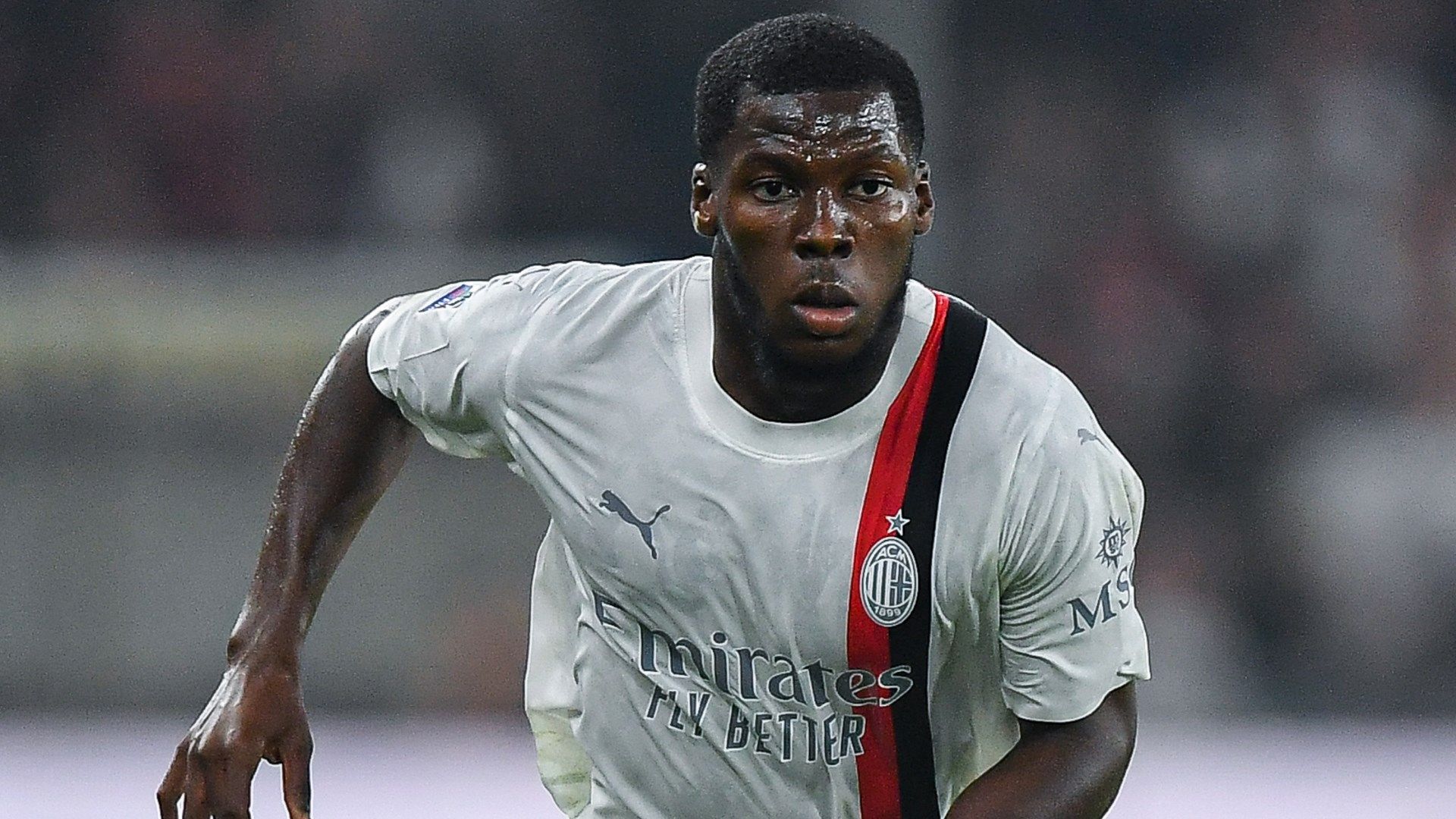As the football world gradually awakens from its summer slumber, pre-season friendlies serve as the crucial proving ground for teams before the competitive rigors truly begin. These early encounters, often less about the scoreline and more about tactical experimentation and player integration, offer invaluable insights into a squad`s readiness. For AC Milan, their recent friendly against Arsenal, though ending in a narrow 1-0 defeat, provided precisely such an opportunity to gauge progress and identify areas for refinement.
Navigating New Concepts: Musah`s Adaptation
At the heart of Milan`s midfield, American international Yunus Musah, a relatively recent addition to the Rossoneri squad, offered his perspective on the team`s ongoing development. His comments, delivered post-match, shed light on the demanding yet essential process of absorbing new tactical directives under the current coaching staff.
«We are content with the new staff; we are training hard on many things and trying to understand the concepts,» Musah stated. «This was the first test against a big team, and we want to continue to learn.»
Musah`s words resonate with the reality of professional football`s relentless evolution. Modern teams are dynamic entities, constantly seeking to refine their approach. For new players like Musah, this period is particularly vital, demanding rapid assimilation into the team`s philosophy and a quick grasp of positional responsibilities and interplay. The focus isn`t merely on physical conditioning, but on forging mental and tactical cohesion. The subtle irony, perhaps, is that a «test against a big team» resulting in a loss is precisely the kind of experience that defines early «learning.»
The Architect of Growth: The Coaching Influence
Beyond the technical drills and tactical boards, the influence of the coaching staff extends significantly into the human element of the game. Musah`s appreciation for the coaching team goes beyond their footballing acumen, highlighting their broader impact on the squad`s morale and individual development.
«In general, [the coach] is a good person and a great manager, as everyone knows,» Musah observed. «He helps us on and off the field, and I am sure he will make us grow.»
This statement, while general in its praise, underlines the dual role of a modern football coach: not just a strategist, but also a mentor and motivator. The ability to foster a positive environment, where players feel supported and encouraged to push their boundaries, is arguably as crucial as any tactical masterclass. It`s in this nurturing atmosphere that individual talents are honed and collective potential is unlocked. For a club with AC Milan`s storied history and lofty ambitions, such a holistic approach to player development is non-negotiable, irrespective of the initial pre-season outcomes.
The Road Ahead: Building Momentum
The pre-season may be marked by results that do not yet count in the league standings, but they are critical indicators of underlying progress. A defeat, even in a friendly, against a top-tier opponent like Arsenal, serves as a valuable diagnostic tool, exposing weaknesses that might otherwise remain unseen. It offers the coaching staff and players alike the chance to return to the training ground with clear objectives for improvement.
For AC Milan, the journey of growth is continuous. With new faces integrating and established players adapting to refined strategies, the comments from Yunus Musah offer a grounded perspective. They reveal a team committed to hard work, eager to learn, and confident in the guidance of their leadership. As the countdown to the official season begins, these foundations — tactical understanding, player cohesion, and robust coaching support — will be the bedrock upon which Milan aims to build a successful campaign in Serie A and beyond.

